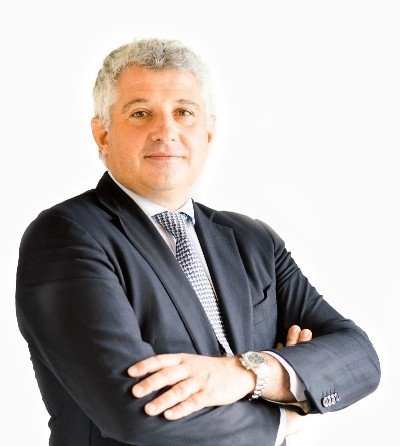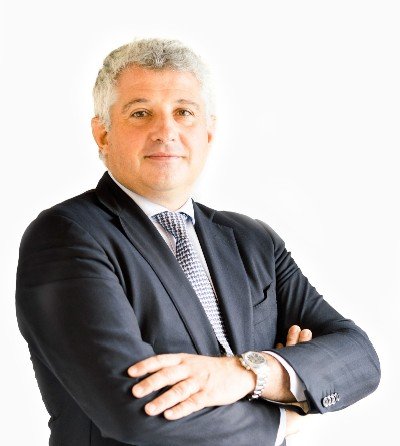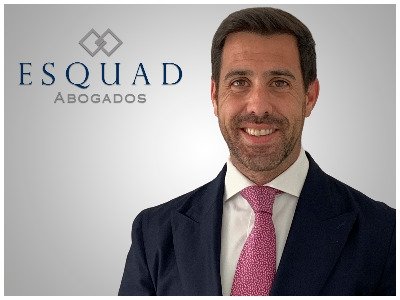Let’s do more

When we talk about Private Equity, Portugal is far from being at the top of its game and the foreign investment is still very residual. How to build a non-existent culture around private investments and make it less likely to fail? José A. Nogueira, Managing partner at Remelgado, Silva Nogueira & Associados (RSN Advogados) gives Iberian Lawyer some clues on how to do it

Throughout its 19 years of activity, RSN Advogados and more particularly José A. Nogueira who has managed several projects for business development, has been very active in providing legal advice to capital and venture management companies – small and medium – and collective investment bodies, accompanying them in several operations, both investment and divestment.
For José A. Nogueira, this business model remains fundamental and “culture around the industry of financing and capitalization via Private Equity must be developed as soon as possible. Despite the much it has evolved, I believe that the road to travel is still enormous,” he says. It’s not an easy path and some of the “bumps in the road” are directly connected to the mindset of the people making the decisions. The mindset of the Portuguese market is still very connected with the past and even if firms are trying to invest, they seem to want to do it their way, without the necessary flexibility in these kind of operations. The business, “sometimes with great potential, internationally speaking as well,” says Nogueira, is the most hurt in the process.
As events like Web Summit happen in Portugal for years in a row and the country is beginning to be on the map for transactions and innovation, one of the things that get Nogueira frustrated is that “Portuguese entrepreneurs remain closed in their neighborhood or street, castrating the potential of their businesses.” That situation brings another problem, says the managing partner. “
The international investment is far from reaching its big potential too. Unfortunately, as I see it, the lack of scale makes the interest still residual.” And not only that. The excessive weight of granting loans, particularly through shareholder loans, to companies in which venture capital is involved “reflects the lack of risk culture of which I spoke before. When resources are scarce, the temptation to resort to models with apparent lower risk is enormous!”
As he explains, there must be first an understanding of lending money to a company and investing in a company. “When a bank decides to invest in whichever business or private client, they always have to factor the risk vs profitability. If there is currently in Portugal a bigger help to private investors than to businesses it is because it is more profitable to buy than to invest,” he says. To escape these matters, Nogueira talks about betting on more than one sector to enhance the possibilities of success. In recent years, the “classic target in Portugal has been the Real Estate sector. This sector has gained the most with the increase in interest in the country. As prices go high, the opportunity for good business is still relatively safe. But others are starting to gain ground as well. It’s the case of the “industrial sector, fintech, and knowledge technology, that have been gaining more and more space in the investment options made,” he says. But still, for this managing partner, it’s a strange time we are facing. “We’re still in a very esoteric phase, where potential and pure ‘snake fat’ still mix.
However, the responsibility lies with the investor. It’s not just providing capital that is missing. Most of the time is management and skills that allow the idea to become a product, and that this is the basis of a new business model.” With a potential global economic crisis ahead, the market still doesn’t know what to do. The effects of coronavírus are still unknown as the world is trying to continue to function and, at the same time, concentrating all the efforts to stop it. Small and medium businesses are the ones estimated to suffer the most, experts say. So, as José A. Nogueira tries to stay positive in difficult times, he knows the market will suffer from this pandemic. But, for now, it’s still to soon to predict the future.
JOSÉ A. NOGUEIRA CV
José A. Nogueira has a degree from Law School (1991/1996) and a post-graduation in Corporate Law from Instituto Superior de Gestão (2004/2005). He aslo holds another post-graduate course in Securities Law at Instituto dos Valores Mobiliários (2017/2018). He has been active in the area of Mergers, Acquisitions and Spin-offs, as a consultant in the area of Commercial Law (2000). José A. Nogueira has successfully led several restructuring and recovery processes in the area of Revitalization and Insolvency Processes. In 2001, he founded Remelgado, Silva Nogueira & Associados.












